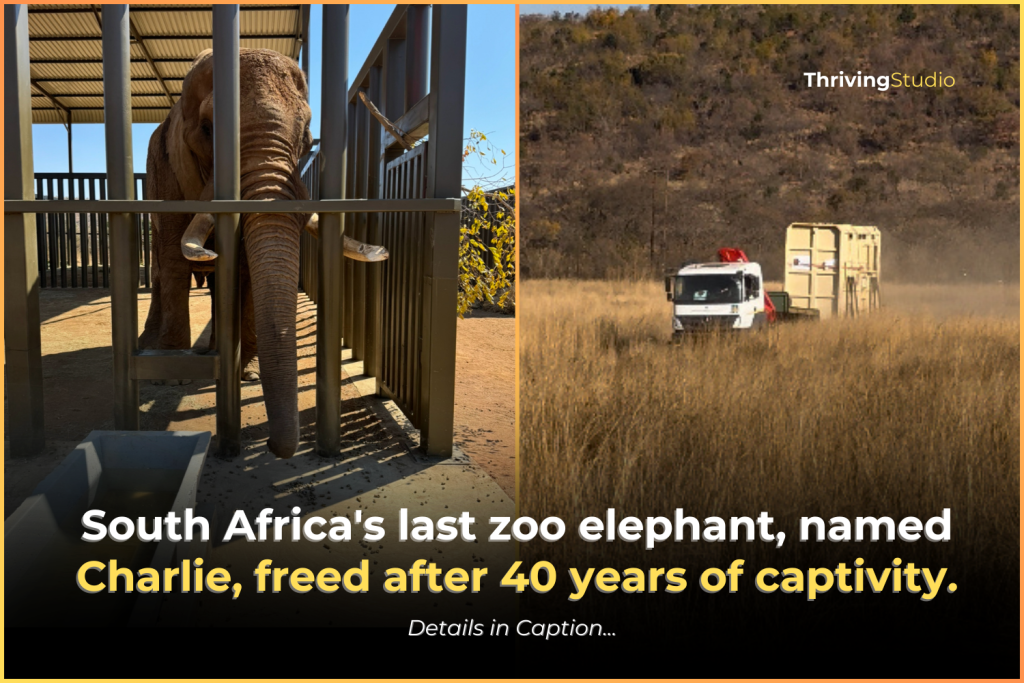In a heartwarming turn of events, Charlie, South Africa’s last remaining zoo elephant, was finally released after spending over 40 years in captivity at the Pretoria Zoo. The story of Charlie’s release has resonated worldwide, marking a monumental shift in how we perceive and treat wild animals in captivity. His release resulted from a concerted effort by conservationists, animal rights groups, and supporters advocating for his freedom.
Charlie’s Life Behind Bars
For four decades, Charlie the elephant lived his life behind the bars of the Pretoria Zoo, where he was isolated from others of his kind. Elephants are known for their social nature, living in tight-knit herds in the wild, but Charlie spent much of his life alone. The unnatural environment took its toll on his physical and mental health, with many experts noting that captivity for such majestic creatures often leads to suffering, even when their basic needs are met.
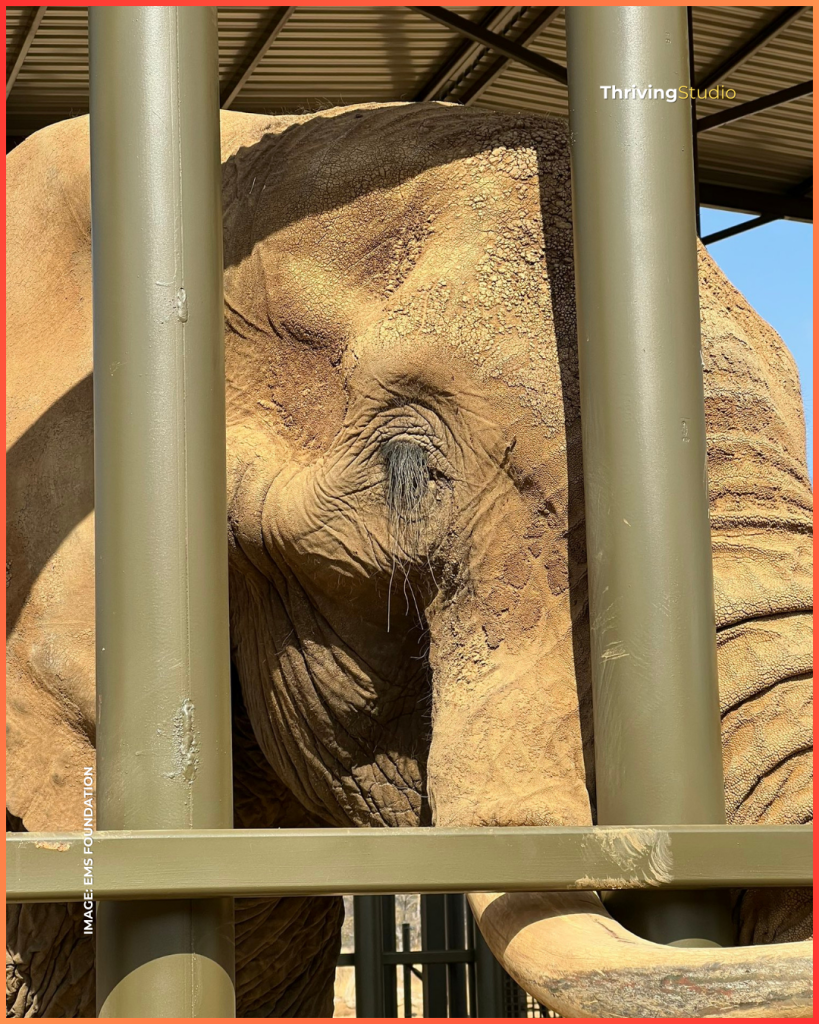
While zoos have long been places for education and entertainment, the reality of keeping large, intelligent animals like elephants in small, enclosed spaces is increasingly being questioned. Charlie’s captivity represented this conflict, as concerns about his mental health grew over the years. Animal activists raised concerns about his lack of space, absence of companionship, and overall quality of life.
The Campaign for Charlie’s Freedom
Charlie’s release didn’t happen overnight. Years of petitions, campaigns, and negotiations culminated in his liberation. Conservationists, along with global animal welfare organizations, continuously lobbied the Pretoria Zoo to release Charlie to a sanctuary where he could live out the rest of his days in a more natural environment.
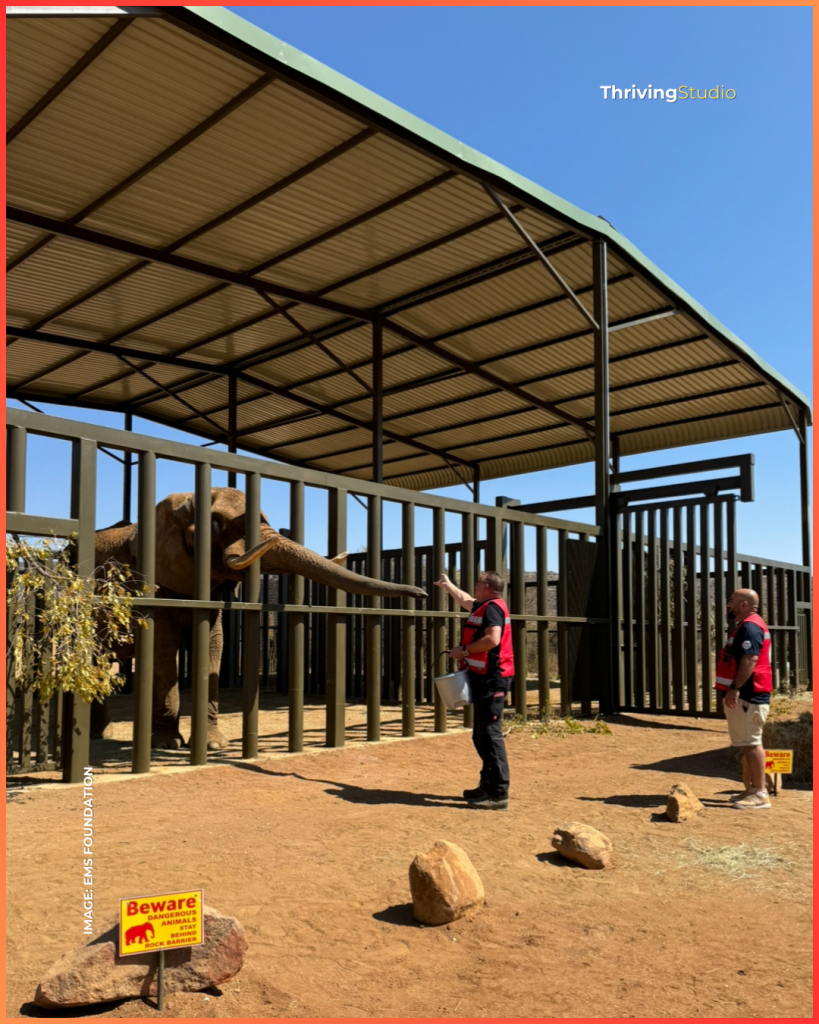
One of the driving forces behind Charlie’s release was the EMS Foundation, a South African non-profit organization dedicated to animal and human rights advocacy. They argued that it was cruel to keep such an intelligent, social animal in isolation and that Charlie deserved the chance to experience freedom, even at his advanced age.
Their efforts were supported by thousands of people across the globe, who signed petitions and rallied for Charlie’s freedom. The overwhelming support made it clear that public opinion was shifting toward prioritizing animal welfare over human entertainment.
Charlie’s Journey to Freedom
On a historic day (August 20, 2024), Charlie took his first steps towards freedom as he was transported to a wildlife sanctuary. The move was an emotional one, with many involved in the campaign shedding tears of joy. The sanctuary, unlike the zoo, offers vast open spaces where Charlie can roam freely and potentially interact with other elephants.
The release of Charlie marks a significant moment in South Africa’s conservation and animal rights efforts. It is a testament to the growing global awareness of the need to protect animals from the harms of captivity. While Charlie cannot regain the years he lost in confinement, he now has the opportunity to live the remainder of his life in peace, surrounded by nature.
Why Charlie’s Release Matters
Charlie’s story is not just about one elephant’s journey to freedom; it represents a broader movement toward ending the practice of keeping wild animals in captivity for entertainment. It is a victory for animal rights organizations and a step toward ensuring that future generations will see elephants and other animals where they truly belong—in the wild, not in cages.
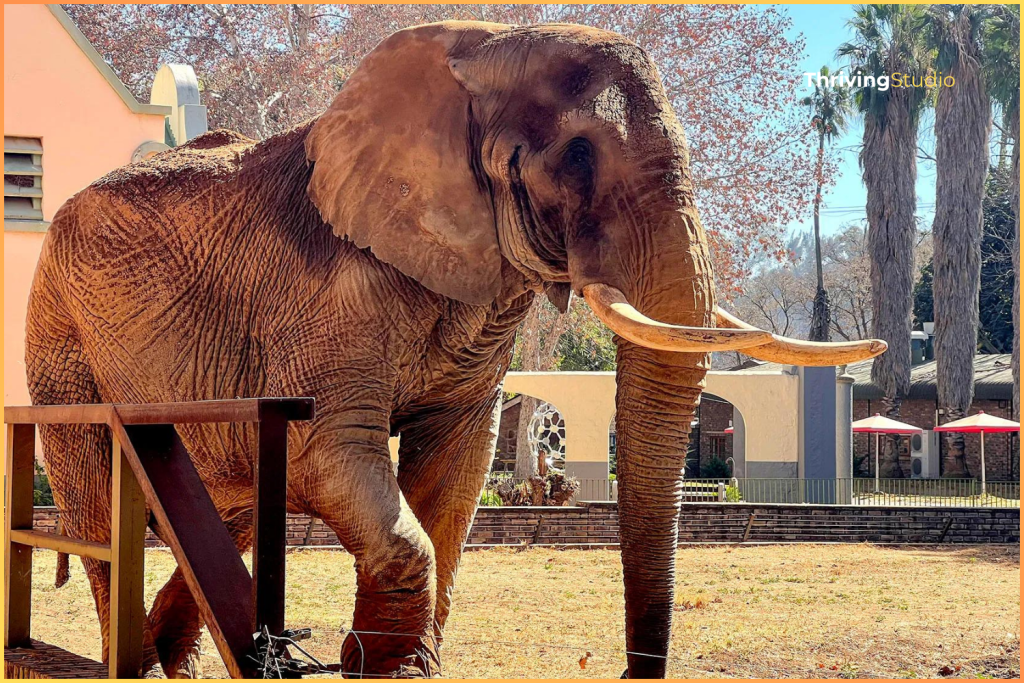
The release of Charlie also highlights the role that public awareness and activism can play in driving change. The global support for Charlie’s freedom shows that when people come together for a cause, they can make a difference. It sends a message to zoos worldwide that it’s time to rethink the way we treat wild animals in captivity.
The Future of Elephants in Captivity
With Charlie’s release, South Africa no longer has any zoo elephants. This milestone brings hope that other countries will follow suit, ending the captivity of these magnificent creatures. While zoos and sanctuaries will continue to play a role in conservation, the goal should always be to prioritize the well-being of animals, allowing them to live in conditions that are as close to their natural habitats as possible.
Charlie’s journey to freedom is a reminder that all living creatures deserve dignity and respect. As public attitudes continue to shift, we can hope for a future where animals like Charlie are no longer kept in cages for human amusement but are allowed to live freely in the wild, as nature intended.
Conclusion
Charlie’s story is one of triumph and hope, but it also serves as a reminder of the importance of fighting for the rights of all animals. The dedication of animal rights groups and the global support that led to his release show that change is possible, and it encourages continued efforts to free other captive animals.
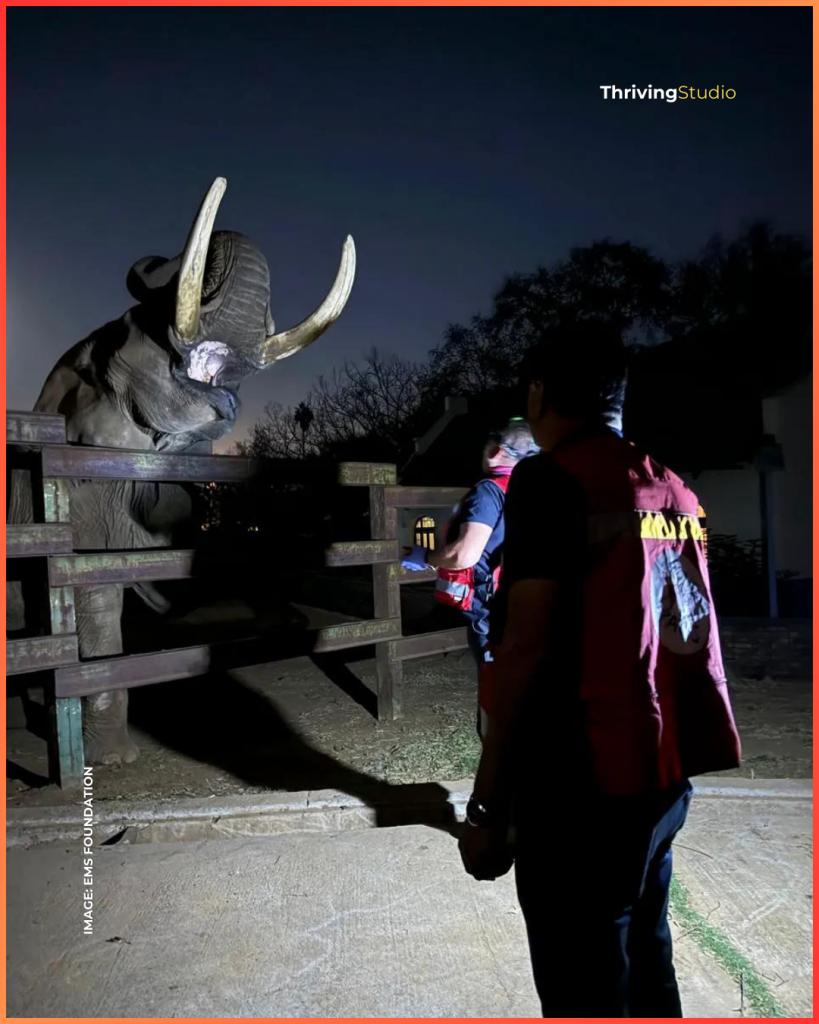
As we celebrate Charlie’s newfound freedom, let us also commit to ensuring that future generations of animals are treated with the respect and care they deserve.
Sources: EMS Foundation | Facebook
Something More: At Thriving Studio, our mission is to inspire personal growth and a positive impact on the world around you. In line with this, we’ve created a new post on breaking the trap of procrastination and boosting productivity. Dive into practical strategies that will help you take action and make meaningful progress in both your personal and professional life. Click here to read.
